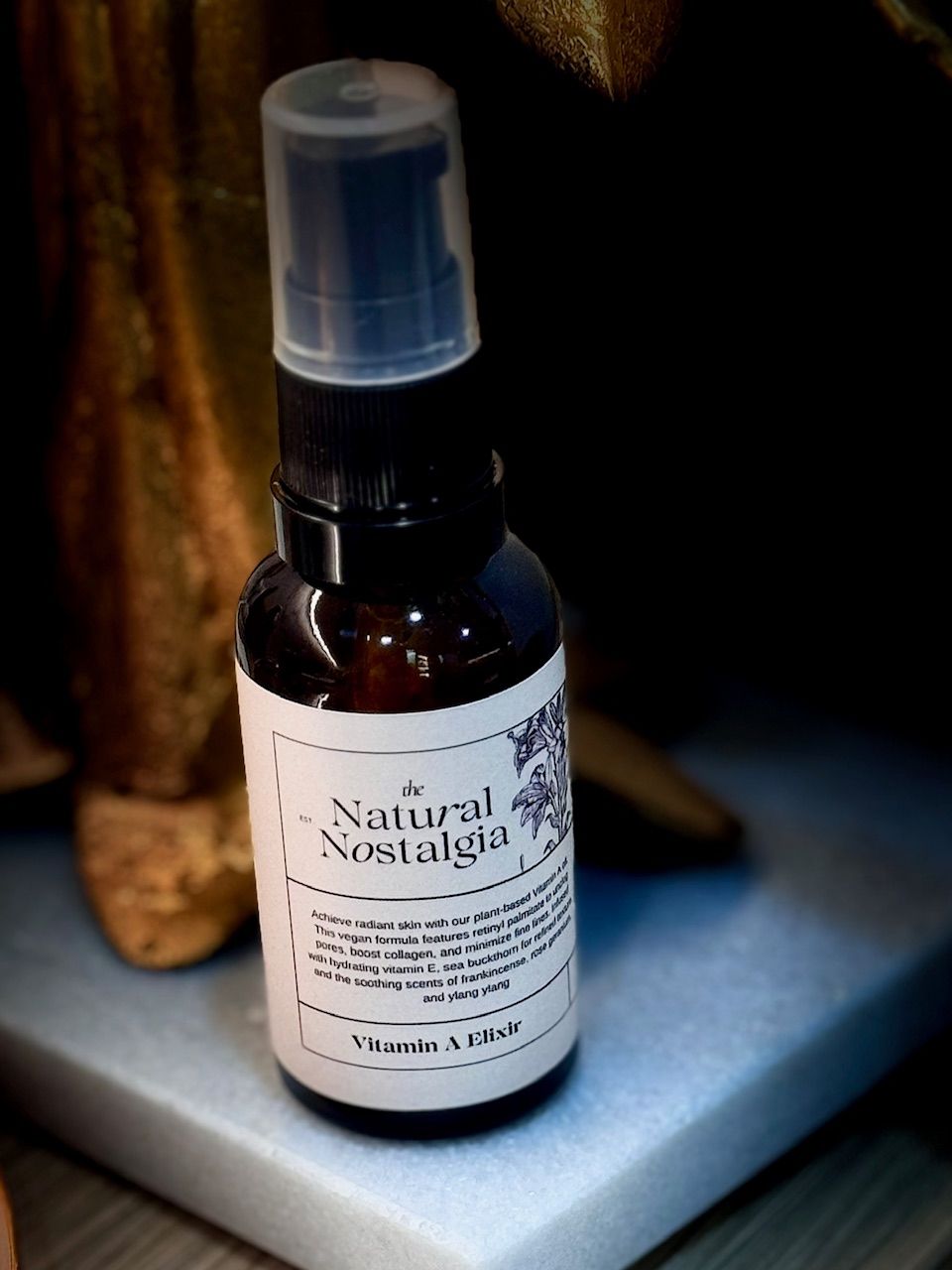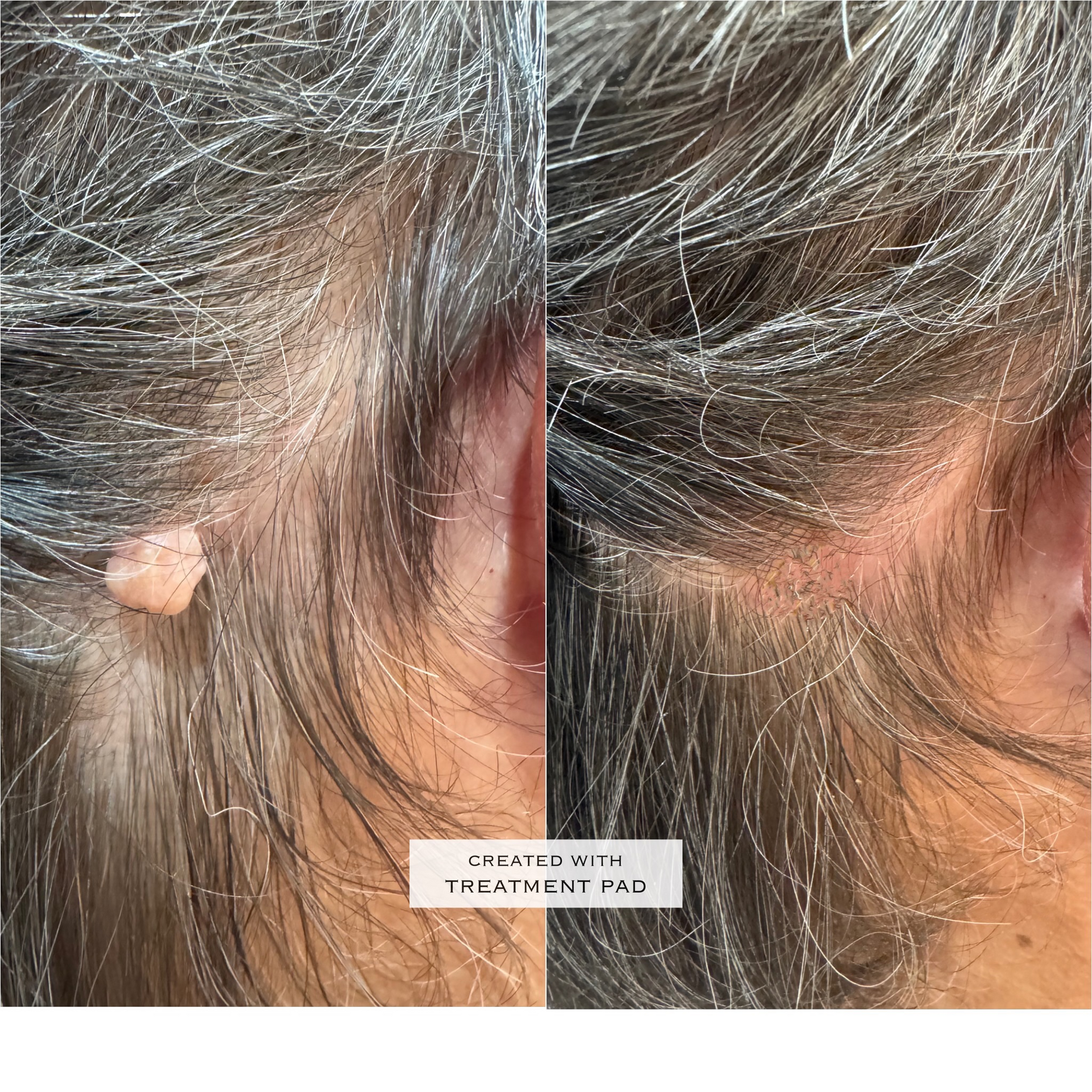Why Gratitude Matters More Than Ever This Holiday Season
By Radhika Nath

How to Practice Gratitude During the Holidays to Boost Mental Health
gratitude
/ˈɡratɪtjuːd/
noun
the quality of being thankful; readiness to show appreciation for and to return kindness
As a healthcare professional, I’ve often discussed medical topics in my recent blogs.
However, during this time of the season, I wanted to take a different approach and focus on something that can profoundly impact our well-being: gratitude.
While medical advice and treatments are essential, I believe the simple, yet powerful practice of gratitude is an often-overlooked tool for improving mental health—especially during this time of year.
This blog is dedicated to exploring how gratitude can be a transformative practice for mental health, offering simple yet effective ways to embrace the season with positivity and calm.
Here’s how you can incorporate gratitude into your holiday season for improved mental well-being.
1. Start a Daily Gratitude Practice
A simple and effective way to practice gratitude is by taking a few minutes each day to reflect on what you're thankful for, whether by writing it down or speaking it aloud.
- How to do it: Set aside a few minutes each morning or evening to list three things you’re grateful for. These don’t have to be big things—small moments of joy, like a cup of coffee, a kind word from a friend, or a warm bed to sleep in, can also be powerful.
- Benefit: Research has shown that regular gratitude practice can increase levels of happiness and reduce feelings of anxiety and depression. According to a study published in Personality and Individual Differences, people who practice gratitude regularly report better mood and emotional well-being (Emmons & McCullough, 2003).
2. Express Gratitude to Others
The holidays are a time when we often interact with family, friends, and coworkers, making it the perfect opportunity to express gratitude to those around us. Showing appreciation can strengthen relationships and increase feelings of connection and positivity.
- How to do it: Send a handwritten note or a thoughtful message to someone who has made a positive impact on your life. Whether it’s a thank-you card, a heartfelt email, or a quick text, expressing gratitude can leave a lasting positive impact on both you and the recipient.
- Benefit: According to research from the Harvard Health Blog, expressing gratitude toward others has been shown to strengthen social bonds, increase happiness, and reduce stress. It creates a sense of warmth and connection that fosters a supportive environment.
3. Gratitude in Challenging Situations
The holidays can sometimes bring about stress, family conflicts, or financial challenges. Practising gratitude in these moments may seem difficult, but it can be an incredibly effective way to maintain perspective and calm.
- How to do it: When faced with a stressful situation—whether it's dealing with difficult relatives or the pressure of gift shopping—try to pause and focus on something you’re grateful for in that moment. This could be as simple as appreciating the opportunity to learn from the experience or finding gratitude in the things that are going well.
- Benefit: Studies show that practising gratitude during challenging times can reduce the negative impact of stress. A study in the Journal of Personality and Social Psychology found that people who practised gratitude in tough situations reported lower levels of stress and better emotional regulation (Wood, Joseph, & Maltby, 2009).
4. Create a Gratitude Ritual
Incorporating gratitude into your holiday traditions can help set a positive tone for the entire season. A gratitude ritual can be a meaningful way to connect with loved ones and reflect on what you appreciate about the year.
- How to do it: Before or after a holiday meal, invite family members or friends to share one thing they are grateful for. You could also create a gratitude jar where everyone writes down what they’re thankful for throughout the month, and then read them aloud on Christmas Eve or New Year's Eve.
- Benefit: Rituals like this encourage mindfulness and create a shared sense of gratitude, which has been linked to increased happiness and greater life satisfaction (Kerr, O'Neil, & Haggerty, 2015).
5. Focus on the Present Moment
The holidays can be overwhelming, especially with the pressure to create the “perfect” experience. Instead of getting caught up in future or past disappointments, practising gratitude for the present moment can help you stay grounded.
- How to do it: Take time to pause and appreciate the sights, sounds, and feelings of the present moment. This could mean enjoying a cup of hot cocoa with your family, savouring the smell of a freshly baked pie, or taking a few deep breaths while listening to holiday music.
- Benefit: Being present and focusing on the here and now can help you reduce anxiety and bring more peace into your day. According to Psychology Today, mindfulness practices, which include gratitude, can improve emotional well-being and decrease stress.
6. Practice Gratitude for the Small Things
The holiday season is often filled with extravagant expectations, but there is immense power in appreciating the small moments that bring joy to our lives.
- How to do it: Make a conscious effort to notice and be thankful for the little things. The warmth of a blanket on a cold day, the laughter of children, or a kind smile from a stranger can all be sources of gratitude.
- Benefit: A study in The Journal of Positive Psychology found that people who focused on small, everyday experiences of gratitude were happier and more satisfied with life. These small moments of appreciation can add up to a significant improvement in your mental health over time (Morrish et al., 2018).
7. Volunteer or Give Back
A fulfilling way to practice gratitude during the holidays is by giving back. Volunteering or supporting a cause can help you appreciate what you have and put things into perspective.
- How to do it: Volunteer at a local food bank, donate to a charity, or simply offer your time to someone in need. Engaging in acts of kindness can be an incredibly rewarding way to boost your mood and create a sense of gratitude for your own blessings.
- Benefit: According to research from Greater Good Science Center, volunteering has been shown to increase feelings of happiness, reduce depression, and create a greater sense of community and connection (Oman et al., 2018).
Conclusion
This holiday season, take time to reflect on the blessings in your life, both big and small, and let gratitude guide you to a healthier, happier mindset.
References:
- Emmons, R. A., & McCullough, M. E. (2003). Counting blessings versus burdens: An experimental investigation of gratitude and subjective well-being in daily life. Personality and Individual Differences.
- Wood, A. M., Joseph, S., & Maltby, J. (2009). Gratitude predicts psychological well-being: A review and theoretical integration. Journal of Personality and Social Psychology.
- Kerr, P., O'Neil, D., & Haggerty, S. (2015). Gratitude rituals: The role of gratitude in creating a positive emotional environment. Journal of Positive Psychology.
- Morrish, L., et al. (2018). Gratitude and well-being: Small things lead to greater happiness. The Journal of Positive Psychology.
- Oman, D., et al. (2018). Volunteering and its impact on mental health. Greater Good Science Center.
Read our blogs














